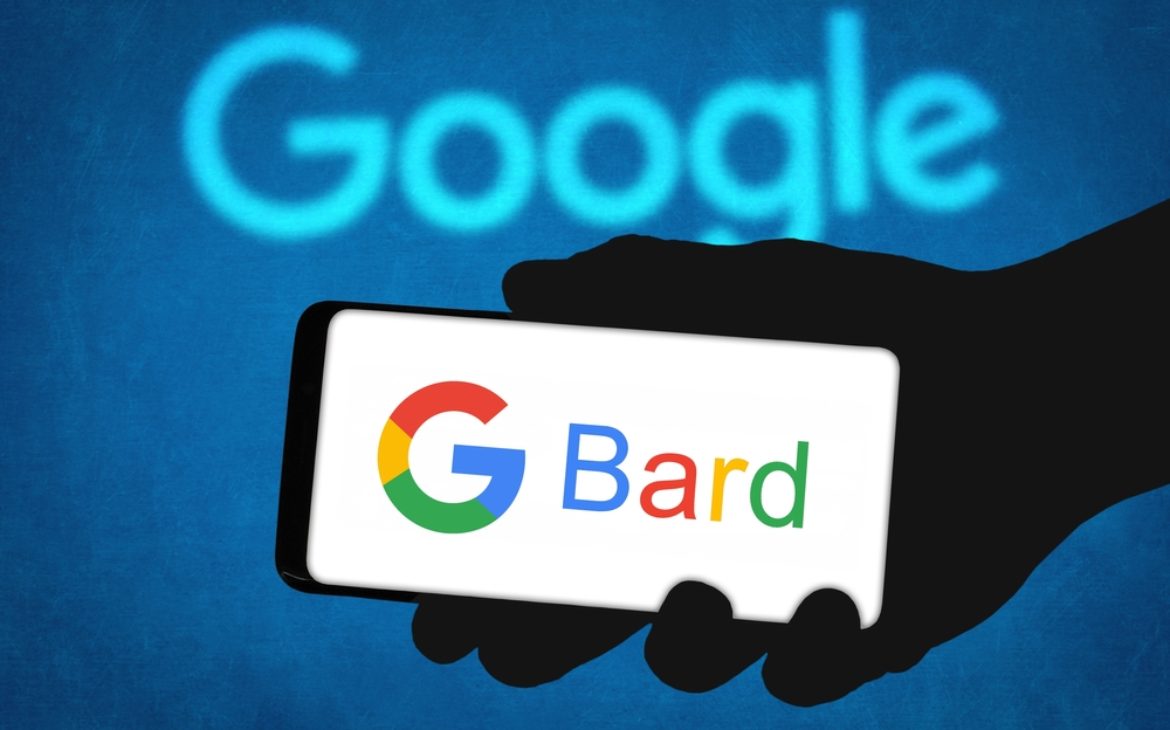Starting in the US and UK, users can be join a waitlist to access Bard in English, a program previously open to select testers only. Google describes Bard as an experiment that enables collaboration with generative artificial intelligence, a technology that relies on pre-existing data to create new content.
After last year’s launch of ChatGPT, a chatbot by the Microsoft-backed startup OpenAI, a race has begun in the tech sector to make AI reach as many users as possible. Artificial intelligence is expected to revolutionize the way people work as well as attract business users.
When asked if competition forced Google to open Bard to the public, senior product director Jack Krawcyzyk said the company was focused on internal and external users. They claim Bard serves to “supercharge your imagination, boost your productivity, and bring your ideas to life”.
In a demonstration on bard.google.com, Krawczyk showed how the program instantly produces blocks of text, unlike ChatGPT, which types out word-by-word responses.
Bard also has an feature displaying three different versions or drafts of any given answer for users to choose from. There is also a button that says “Google it” in case the user wants to search for additional information on the web.
Unlike ChatGPT, Bard is not skilled in generating computer code, Google said on its website. Google also noted that it has limited Bard’s memory of previous chat exchanges and that they presently don’t use Bard for advertising, which is otherwise the core of Google’s business model.
The problem that remains is accuracy. “Bard won’t always be right,” warned a Google pop-up notice during the demo. Last month, a promotional video showed the program incorrectly answering a question, causing the market value of parent company Alphabet to drop by $100 billion.
Several errors occurred during the demo. For example, in direct response to one query, Bard wrongly claimed that ferns require bright and indirect light. In another instance, Bard produced nine passages of text when asked for four. Following that answer, Krawczyk clicked a thumbs-down button as feedback for Bard.
We know the limitations of the technology, and so we want to be very deliberate at the pace at which we roll this out.
Jack Krawczyk
